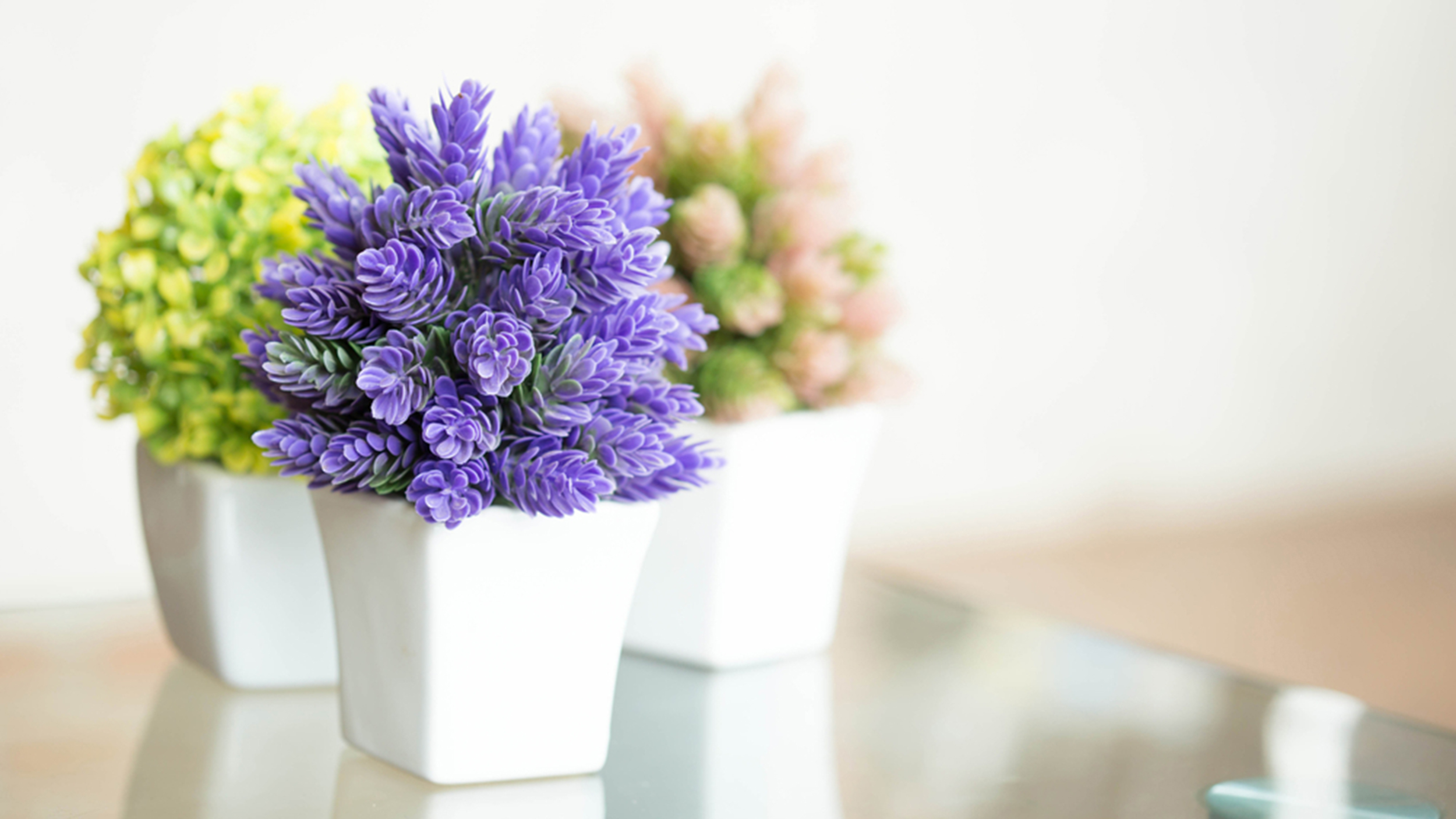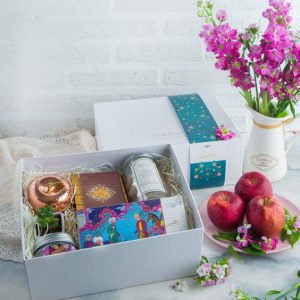Houseplants not only add beauty and freshness to our living spaces but also offer a host of health benefits that contribute to our overall well-being. From purifying the air to reducing stress, these green companions have become essential elements of modern interior design. In this article, we will explore 10 houseplants useful for health, highlighting their unique contributions to creating a healthier and more harmonious indoor environment.
1. Houseplant Useful for Health: Aloe Vera – Nature’s Healing Elixir
Aloe Vera, a well-known succulent, is a powerhouse of health benefits. Its gel-like substance is rich in vitamins, minerals, and antioxidants, making it a natural remedy for skin irritations, burns, and wounds. Furthermore, Aloe Vera helps improve indoor air quality by removing harmful toxins, rendering it a houseplant useful for health on multiple levels.
Click to read the article “The Most Beautiful Apartment Flowers in Iran: A Breathtaking Botanical Paradise”
2.Houseplants Useful for Health, Houseplant Useful for Health: Lavender – The Scent of Relaxation
Lavender, with its soothing fragrance, is known for its calming effects on the mind and body. Having this aromatic herb as a houseplant can help reduce stress, anxiety, and insomnia. Lavender’s natural properties make it an ideal addition to bedrooms, promoting better sleep and overall relaxation.
3. Houseplant Useful for Health: Snake Plant – Purifying the Air
The Snake Plant, also known as Mother-in-Law’s Tongue, is a popular choice for its air-purifying abilities. It filters out toxins like formaldehyde and benzene, commonly found in household products, enhancing indoor air quality and making it a valuable houseplant useful for health.
4. Houseplant Useful for Health: Spider Plant – Removing Harmful Substances
Spider Plant, another excellent air-purifying houseplant, helps combat indoor air pollution by absorbing pollutants like carbon monoxide and xylene. Its resilience and low-maintenance nature make it a practical choice for beginners.
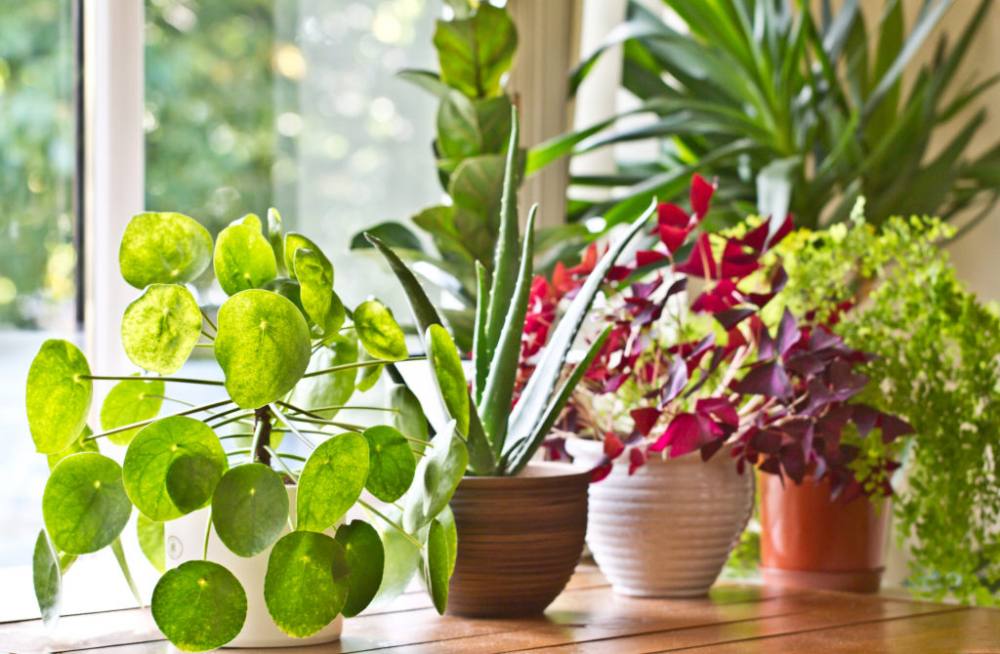
5. Houseplant Useful for Health: Peace Lily – Improving Indoor Humidity
The Peace Lily not only adds elegance to any space but also helps increase indoor humidity. Its ability to remove mold spores and allergens from the air contributes to a healthier environment, particularly for those with respiratory conditions.
6. Houseplant Useful for Health: Boston Fern – Natural Air Humidifier
Boston Fern is revered for its air-purifying qualities and its ability to act as a natural humidifier. By releasing moisture into the air, it helps combat dryness, reducing the risk of respiratory issues and dry skin.
7. Houseplant Useful for Health: Rosemary – Boosting Memory and Focus
Rosemary, a fragrant herb commonly used in cooking, also offers cognitive benefits. Its invigorating scent can improve memory, concentration, and mental clarity, making it a houseplant useful for health and productivity.
8. Houseplant Useful for Health: Eucalyptus – Easing Respiratory Discomfort
Eucalyptus is well-known for its soothing effect on the respiratory system. Having a potted Eucalyptus plant can help ease congestion and respiratory discomfort, especially during cold and flu seasons.
9. Houseplant Useful for Health: Basil – Enhancing Air Quality and Mood
Basil, a popular culinary herb, not only adds flavor to dishes but also enhances indoor air quality. Its refreshing aroma can elevate mood and reduce stress, making it a valuable houseplant useful for health and well-being.
Click to read the article “Gift idea for the man you love”
10. Houseplant Useful for Health: Golden Pothos – Clearing the Air of Toxins
Golden Pothos, known for its air-purifying capabilities, helps remove harmful toxins from the air, including formaldehyde and benzene. Its attractive trailing vines make it a popular choice for decorating various indoor spaces.
Houseplant useful for health, when strategically placed throughout our homes and offices, can significantly contribute to creating a healthier and more nurturing environment. Whether it’s improving indoor air quality, reducing stress, or promoting better sleep, these green companions prove to be much more than just decorative elements – they are invaluable assets to our physical and mental well-being. Houseplant useful for health serve as a gentle reminder of the deep connection between nature and human health, inspiring us to embrace the beauty and benefits of the natural world within our living spaces.
Embracing the Green Revolution: Cultivating a Healthy and Sustainable Lifestyle with Houseplants
As awareness about the importance of a healthy and sustainable lifestyle grows, houseplants have emerged as powerful allies in this green revolution. These natural wonders not only enhance the aesthetics of our living spaces but also contribute significantly to our physical health, mental well-being, and ecological balance. In this article, we will delve deeper into the multifaceted benefits of houseplants and how they are fostering a movement towards a more sustainable and nurturing way of life.
1. Houseplants and Air Quality: A Breath of Fresh Air
Houseplants act as natural air purifiers, removing harmful toxins and pollutants from the environment. Through the process of photosynthesis, they absorb carbon dioxide and release oxygen, improving the indoor air quality and creating a healthier living space for occupants.
2. Sustainable Gardening: Embracing Eco-Friendly Practices
The cultivation of houseplants encourages sustainable gardening practices, as they can be grown in eco-friendly potting mixtures and require minimal resources to thrive. By reducing the need for synthetic fertilizers and pesticides, houseplants contribute to healthier soil and a more sustainable ecosystem.
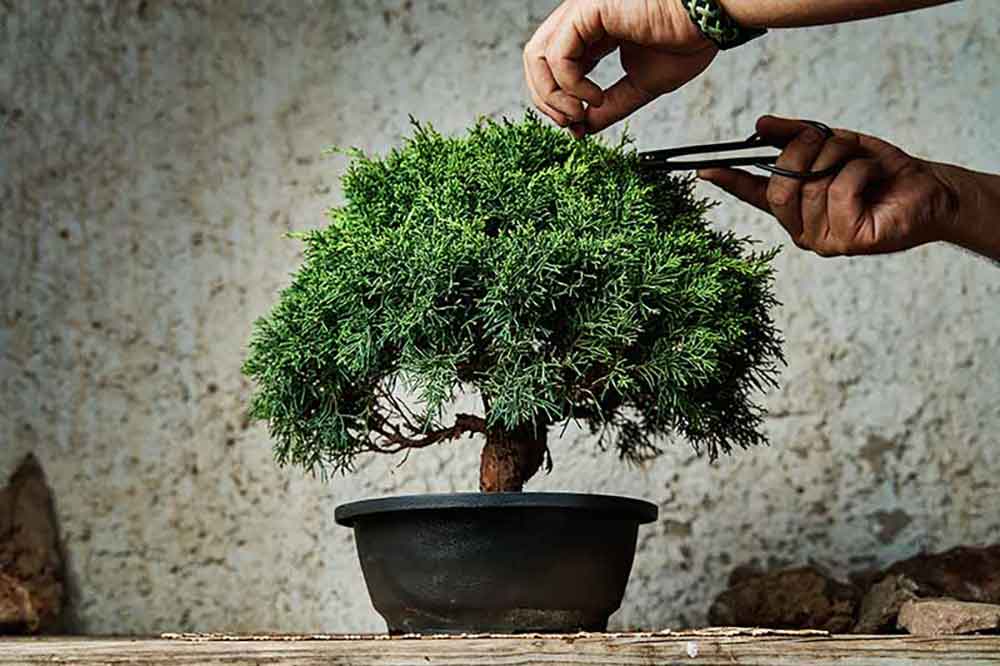
3. Healing Powers of Greenery: Enhancing Mental Health
The presence of houseplants has been scientifically proven to have positive effects on mental health. Their calming and soothing attributes can alleviate stress, anxiety, and depression, creating a serene and harmonious atmosphere that promotes emotional well-being.
4. Urban Green Spaces: Reconnecting with Nature in Cities
As urbanization continues to expand, the need for green spaces becomes more critical. Houseplants play a crucial role in transforming urban apartments and offices into mini-green sanctuaries, providing city dwellers with a refreshing connection to nature amid the concrete jungle.
5. Sustainable Decor: Merging Aesthetics with Ecology
Houseplants have become an integral part of sustainable decor, combining aesthetics with ecological responsibility. As consumers shift towards more conscious purchasing decisions, the demand for eco-friendly and ethically sourced houseplants grows, promoting a more sustainable horticulture industry.
Click to read the article “Rule 4 What is a gift?”
6. Houseplants for Food and Medicine: The Power of Edible and Medicinal Plants
Beyond their ornamental value, some houseplants serve as valuable sources of food and medicine. Growing edible herbs and medicinal plants indoors allows individuals to access fresh, organic produce and natural remedies, reducing their reliance on processed goods.
7. Encouraging Biodiversity: Creating Habitats for Beneficial Insects
Houseplants attract beneficial insects such as bees, butterflies, and ladybugs, contributing to biodiversity within urban environments. As these pollinators thrive, they support local ecosystems and promote the health of surrounding flora and fauna.
8. Teaching Sustainability: Fostering Environmental Consciousness
Houseplants offer an excellent opportunity to teach children and adults alike about sustainability and environmental stewardship. By caring for these green companions, individuals learn the value of nurturing living organisms and the interconnectedness of all life on Earth.
9. Indoor Farming: A Step Towards Food Security
As the world faces challenges related to food security and resource scarcity, the practice of indoor farming with houseplants becomes increasingly relevant. Vertical gardening and hydroponics enable individuals to grow fresh produce sustainably, regardless of the available outdoor space.
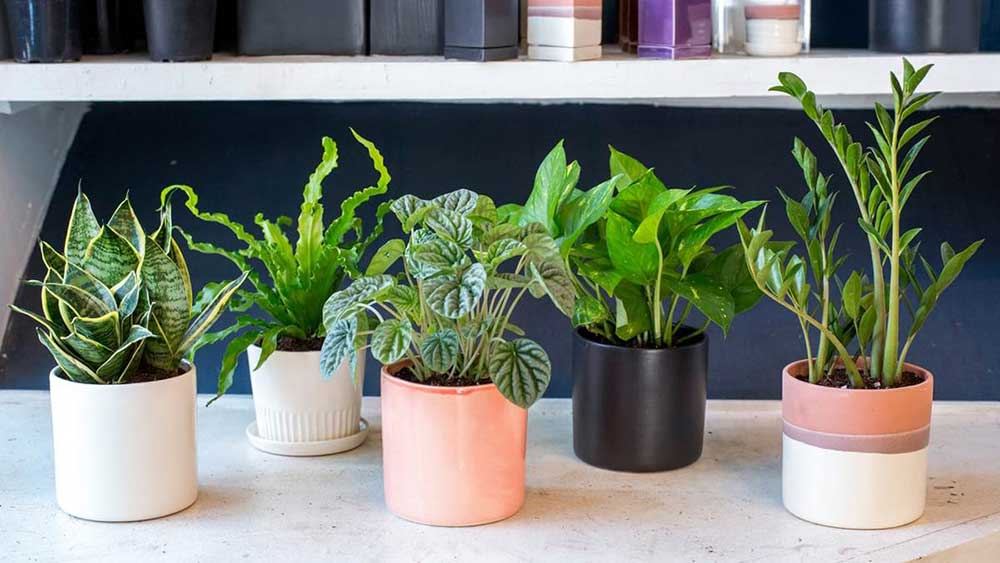
10. Houseplants Useful for Health, Greening Workspaces: Enhancing Employee Well-being
Incorporating houseplants into office spaces enhances the well-being of employees, boosting productivity and reducing stress levels. The introduction of greenery in the workplace fosters a more positive and vibrant atmosphere, encouraging creativity and collaboration.
Order to send flowers and gifts to Shahrkado
Shahrkado is one of the most reliable collections through which you can send special and customized gifts, books and cultural gifts and gift packages to your loved ones inside Iran. Our colleagues at Shahrekado Collection are trying to prepare your orders as soon as possible and send them to your loved ones inside Iran. In addition, you can send flowers to your loved ones inside and outside of Iran in any city where they live through Shahrkado collection.
Conclusion:
The revolution brought forth by houseplants goes beyond mere aesthetics and extends into the realms of health, sustainability, and ecological consciousness. As we embrace the green movement, houseplants become invaluable partners in creating a healthier and more sustainable lifestyle. By purifying the air, nurturing mental well-being, and fostering biodiversity, these green companions offer a myriad of benefits that extend to both individuals and the planet as a whole. As we cultivate a deeper appreciation for the natural world and its gifts, houseplants serve as gentle reminders of our responsibility to care for our environment and foster a harmonious coexistence with all living beings. The green revolution, driven by the presence and care of houseplants, is a transformative force that propels us towards a future where sustainability and well-being thrive hand in hand.

